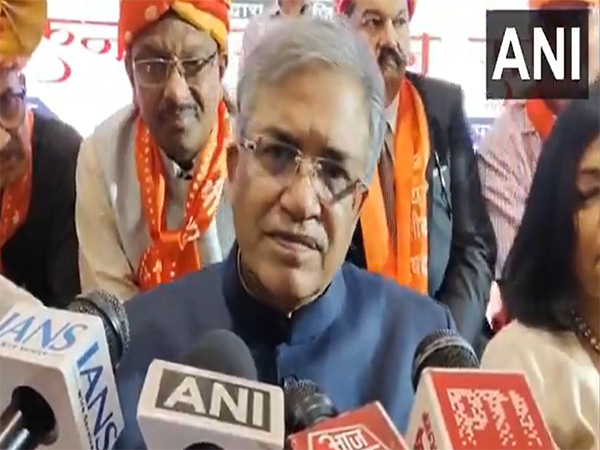Ishiba's Gamble: Japan's Electoral Crossroads
Japan's Prime Minister Shigeru Ishiba is facing a critical upper house election, which could impact political stability amid rising prices and US tariffs. Poor results might intensify political uncertainty. Voters are leaning towards populist parties with anti-foreign policies, while Ishiba grapples with significant economic challenges, including high rice prices.

- Country:
- Japan
Japan's Prime Minister, Shigeru Ishiba, is facing a crucial test of leadership in the upcoming upper house election. The result could either stabilize or further destabilize the country's political landscape amidst rising economic pressures.
Having suffered losses in the lower house previously due to corruption scandals and inflation, Ishiba's minority government is struggling to regain voter confidence. His administration is notably challenged by the complexities of rising rice prices and tensions with the US regarding trade tariffs.
The political terrain is seeing the rise of populist parties promoting anti-foreign policies, which threatens Ishiba's already fragile coalition. If Ishiba fails to secure a majority, it could lead to significant shifts in the ruling party's dynamics and potentially alter Japan's political direction.
(With inputs from agencies.)










